Research IT News
Expanding Agile Training Beyond RSE
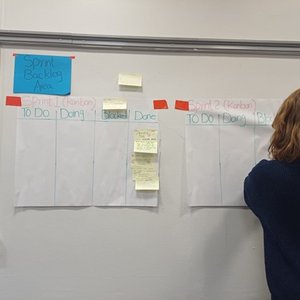

Our Research Software Engineering (RSE) department has launched a new Agile learning pathway designed for both technical and non-technical dRTPs — Agile Fundamentals and GitHub Tooling for Agile courses — using LEGO, Minecraft, and collaborative GitHub exercises to build team collaboration, leadership, and practical agile project management skills
Engineering Software to Support Smarter Antibiotic Decisions


Our Research Software Engineering department recently completed a project to develop and deploy a unique knowledge support system into GP practices to support research into the over-prescription of antibiotics. Find out how they did it.
Supporting the University UK Biobank User Group
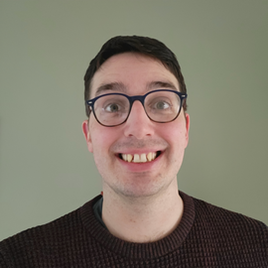

The University special interest and user groups could not happen without the input of the group leads. Meet Dr Robert Maidstone from the School of Biological Sciences who is one of the leads for the UoM UK Biobank Users group.
Green Compute for Research @UoM


A new special interest group has been launched for anyone interested in the environmental impact of research computing at the University. Find out more about the aims of the group and how to get involved.
Coming up in 2026 from Research IT


We didn’t quite make the end of January but there’s never a bad time to look at what's coming up in Research IT. We asked the three departments in Research IT what they are looking forward to this year.
Research IT Showcase at SuperComputing25
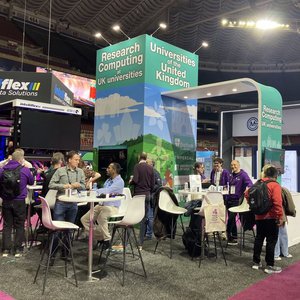

The renowned SC25 conference, held at the end of last year, showcases major advances in high‑performance and quantum computing. Several members of Research IT attended to engage with cutting‑edge workshops and take part in the large industry exhibition.
Connect with Research IT on LinkedIn


We’re pleased to share that Research IT has launched a new social media presence on LinkedIn, currently being trialled as part of our ongoing effort to expand how we communicate with our research community.
Promoting R at the University
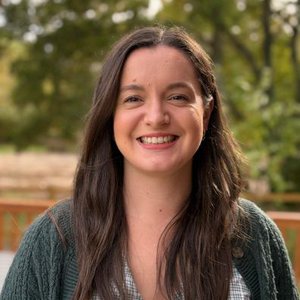

The R user community (R.U.M) is one of the most established user groups in CaDiR having previously existed for several years before this as a mailing list group. The group is led by a combination of Research IT members and researchers including Sian Bladon from the School of Health Sciences.
Top 10 News Articles of 2025


We’re always keen to review our most popular Research IT news stories and blog posts, they reveal what captures the interest of the University’s research community and help us focus on creating content that’s relevant and valuable. So, here are the top 10 posts in 2025.
Changing the Future of Sustainable Shipping with AI
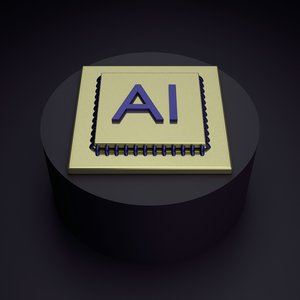

Discover how our Research Software Engineers worked with a marine shipping company to optimise solar energy usage for the maritime industry, aiding the sector's transition to Net Zero.
Promoting Research Technology Careers at Manchester


On 11 November, Research IT (RIT) and colleagues from the Software Sustainability Institute based at Manchester took part in the University of Manchester’s Computer Science Careers Fair. The event attracted many students, from first-year undergraduates to postgraduates and researchers, who were keen to understand what their future careers could look like and how they might begin shaping them.
Building the Python User Community at Manchester
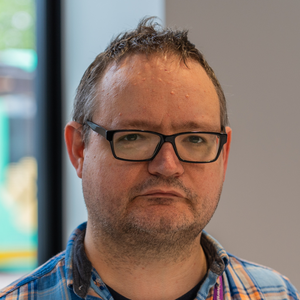

It's been almost a year since the Python User Group launched in the CaDiR Teams space. We caught up with Andrew Gait, one of the group leads, to find out more his role in the group and how the last year has gone.
